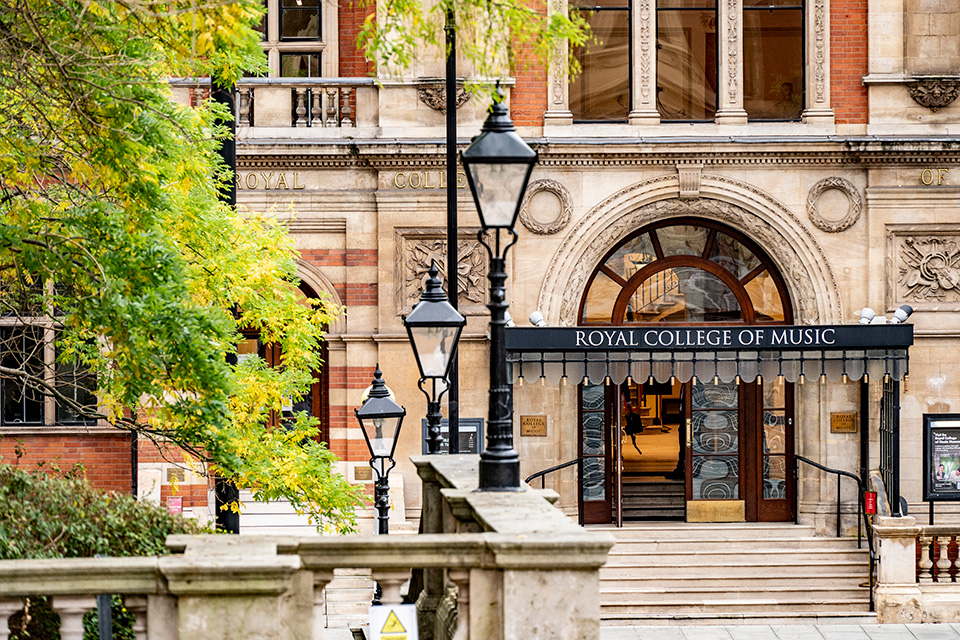RCM Guitar Greats
Share #UpbeatOnline
As a groundbreaking new exhibition showcasing Kurt Cobain’s guitar is launched in the Royal College of Music Museum, Upbeat shines a spotlight on this versatile instrument and its role in the College.
Visitors to the Royal College of Music Museum are immediately struck by an array of beautiful instruments, including the world’s oldest guitar alongside display cases of exquisitely turned guitars inlaid with ivory and different types of wood – as beautiful visually as they would have been to listen to.
Cobain’s guitar comes to College
For a limited period from 3 June 2025, the RCM Museum’s early guitars will be joined by one of the most famous acoustic guitars in rock history: Kurt Cobain’s Martin D-18E. This iconic guitar – and it really merits the use of that word – is part of the Museum’s exhibition exploring Nirvana’s groundbreaking MTV Unplugged performance. This performance took place on 18 November 1993, just five months before Kurt Cobain’s death. It is regarded as one of the most intimate and powerful moments in rock history, revealing a rarely seen side of the band.
The Kurt Cobain Unplugged exhibition will be the first time this extraordinary guitar has been shown in Europe. The exhibition has been curated by Alan di Perna, one of America’s foremost rock journalists, in collaboration with RCM Museum Curator, Professor Gabriele Rossi Rognoni.
[image1]
[quote quote="One of the treasures in the collections of the Royal College of Music Museum is the world’s oldest guitar. I am thrilled that this exhibition will build on our extraordinary heritage, connecting it with a monument of recent music such as Kurt Cobain." author="RCM Museum Curator, Professor Gabriele Rossi Rognoni"]
The Martin D-18E is a rare model and one of the earliest Martins fitted with electric pickups. Cobain’s version was uniquely modified for his left-handed playing style, and became the most expensive guitar ever sold at auction in 2020 when it was bought for over $6 million by Australian entrepreneur Peter Freedman. Peter is the founder of RØDE Microphones and founding supporter of the Royal College of Music’s Australia Commonwealth Scholarship. He has generously loaned the guitar for this special exhibition, which also reunites the guitar with another piece of rock history: Cobain’s famous olive-green mohair cardigan, worn during the Unplugged performance. This will be the first time these two legendary items have been displayed together.
The Museum will also host a range of events inspired by the exhibition, including a Museum Late showcasing new works by RCM composers written in collaboration with College guitarists, encapsulating the unique sounds and stories associated with this guitar.
[quote quote="This is a wonderful opportunity to dive into the fascinating musical world of Kurt Cobain, his links to American figures such as William Burroughs and how this connects into the world of American experimental music and musicians like Glenn Branca and Thurston Moore." author="Professor Jonathan Cole, Head of Composition"]
[image2]
From Civil War campfires to MTV
Martin Guitars was founded in 1833 – some 50 years before the establishment of the Royal College of Music. Set up in New York City by Christian Frederick Martin, the company has since been run by the Martin family throughout its almost two centuries of history. During that time, Martin Guitars has created numerous innovations in guitar design, and its instruments have been played by a who’s-who of musicians including Elvis Presley, John Lennon, Bob Dylan and, of course, Kurt Cobain.
[quote quote="Martin Guitars is a globally recognised maker of acoustic guitars and this instrument belonging to Kurt Cobain has become an iconic piece of rock memorabilia." author="Gary Ryan, RCM Head of Strings"]
As the Martin Guitars website puts it: ‘Our guitars were strummed by Civil War soldiers around campfires, helped shape the sound of modern music at the turn of the 20th century […] and can be heard on countless classic and contemporary songs across all genres of music.’
[image3]
The growth of the guitar
As the RCM Museum guitars remind us, by the time Martin Guitars was established, the guitar was already a long-standing fixture of Western music. The RCM Museum’s treasures include the oldest guitar in existence, a Lisbon-made instrument dating from 1581 and made of African ebony and Brazilian kingwood, once housed in the Medici collection in Florence. The Renaissance era was when the guitar gained increasing success across Europe, with examples including those with both straight and curved backs. The instrument transformed until, in the 19th century, its key attributes were consolidated to create the model of the classical guitar widely used today.
RCM Head of Strings, Gary Ryan, explains: ‘The instrument has changed significantly since the examples in the RCM Museum, in terms of size, number of strings and method of construction. In broad terms, the classical guitar we recognise today descends from the design of Antonio de Torres, who died in 1892. There have been innovations in that time, the most significant arguably being through the designs of Greg Smallman, an Australian luthier whose guitars have significantly greater powers of projection and were played by John Williams. Now, there is a multiplicity of playing styles and acoustic/electric guitar designs, and the guitar features in a very wide range of styles and genres globally.’
[image4]
RCM guitar greats
Gary Ryan recently became the first guitarist to take up the mantle of RCM Head of Strings. As Gary puts it, it is remarkable ‘how far the reputation of the guitar has progressed since Julian Bream auditioned for Sir George Dyson as a junior at the Royal College of Music in 1948’.
Julian Bream’s legacy is still felt in College via the Julian Bream Trust, which recently supported the donation to the College of a stunning Stephen Hill guitar for student use. Alongside this exceptional asset, Gary Ryan explains that ‘the RCM Historical Performance Faculty has also been able to commission a 19th-century replica guitar by Tony Johnson and, as Julian Bream was a lutenist and great champion of Elizabethan music, the Julian Bream Trust also looks to foster his legacy in that area.’
Bream is one of a number of distinguished RCM guitar alumni, including John Williams – who studied at the College between 1956 and 1959, specialising in piano because there was no guitar section at the time. More recent alumni include Jack Hancher, who regularly performs around Europe and in the USA, and in 2022 became the third guitarist ever to win the Royal Over-Seas League Gold Medal.
[image5]
The guitar at the RCM today
Current RCM guitarists are also blazing a trail, building on this rich legacy of alumni. Supported by the Julian Bream Trust, Arie Dakesian is studying for his RCM Master of Performance and has already released his debut album. Arie was also chosen for the Tillett Trust’s prestigious Debut Scheme 2024, becoming the fifth guitarist ever to have been selected since the scheme began. Artist Diploma guitarist Hope Cramsie, also supported by the Julian Bream Trust, is a Young Artist of the Worshipful Company of Musicians after receiving First Prize at the Ivor Mairants Guitar Award in 2023. Hope is one half of the Vona Guitar Duo, which champions new music by women composers, and studies theorbo as well as guitar at the College.
[image6]
[quote quote="There is so much incredible expertise and creativity in the RCM Strings Faculty and I see a significant part of my role as helping to support, develop and showcase that." author="Gary Ryan, RCM Head of Strings"]
A welcoming environment
The success of these musicians and their fellow College guitarists reflects the nurturing ethos of the Royal College of Music Strings Faculty. As Gary Ryan says: ‘There is so much incredible expertise and creativity in the RCM Strings Faculty and I see a significant part of my role as helping to support, develop and showcase that, in collaboration with the professors and students. Our job is to try and draw out these talents and to create a welcoming educational environment where students feel they have the space and support to discover and develop.’
Book your tickets to Kurt Cobain Unplugged now: bit.ly/RCM_KurtCobainUnplugged


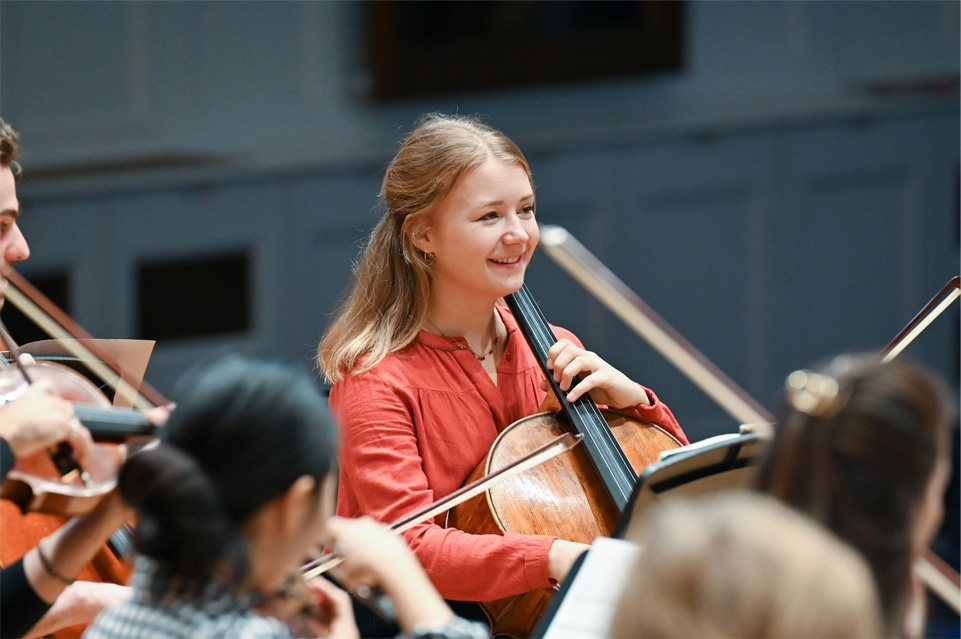
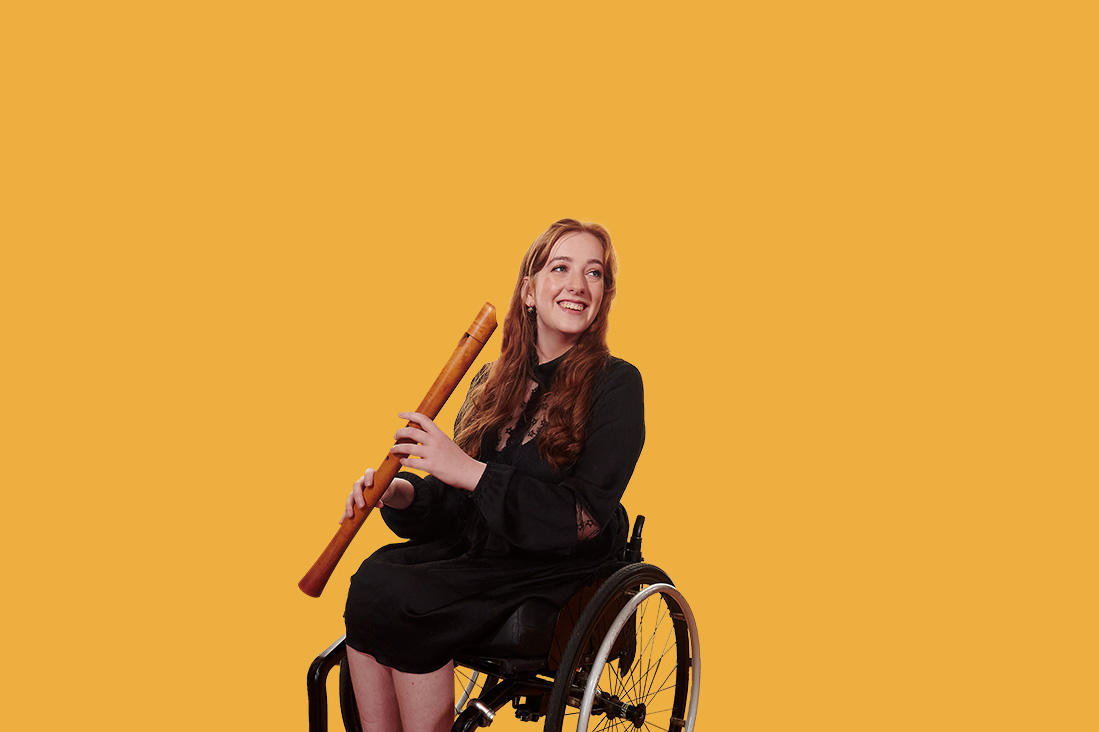
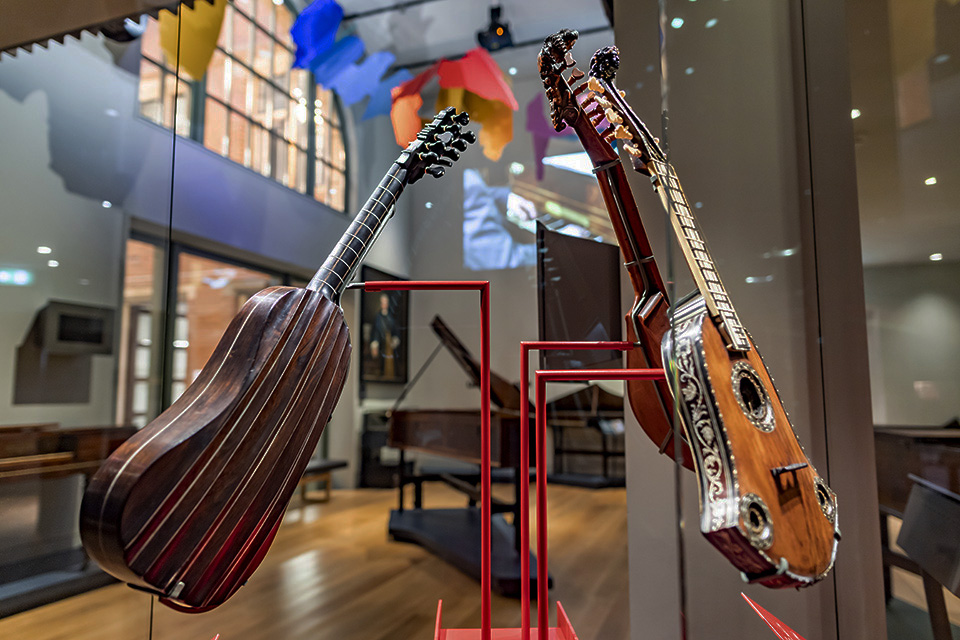
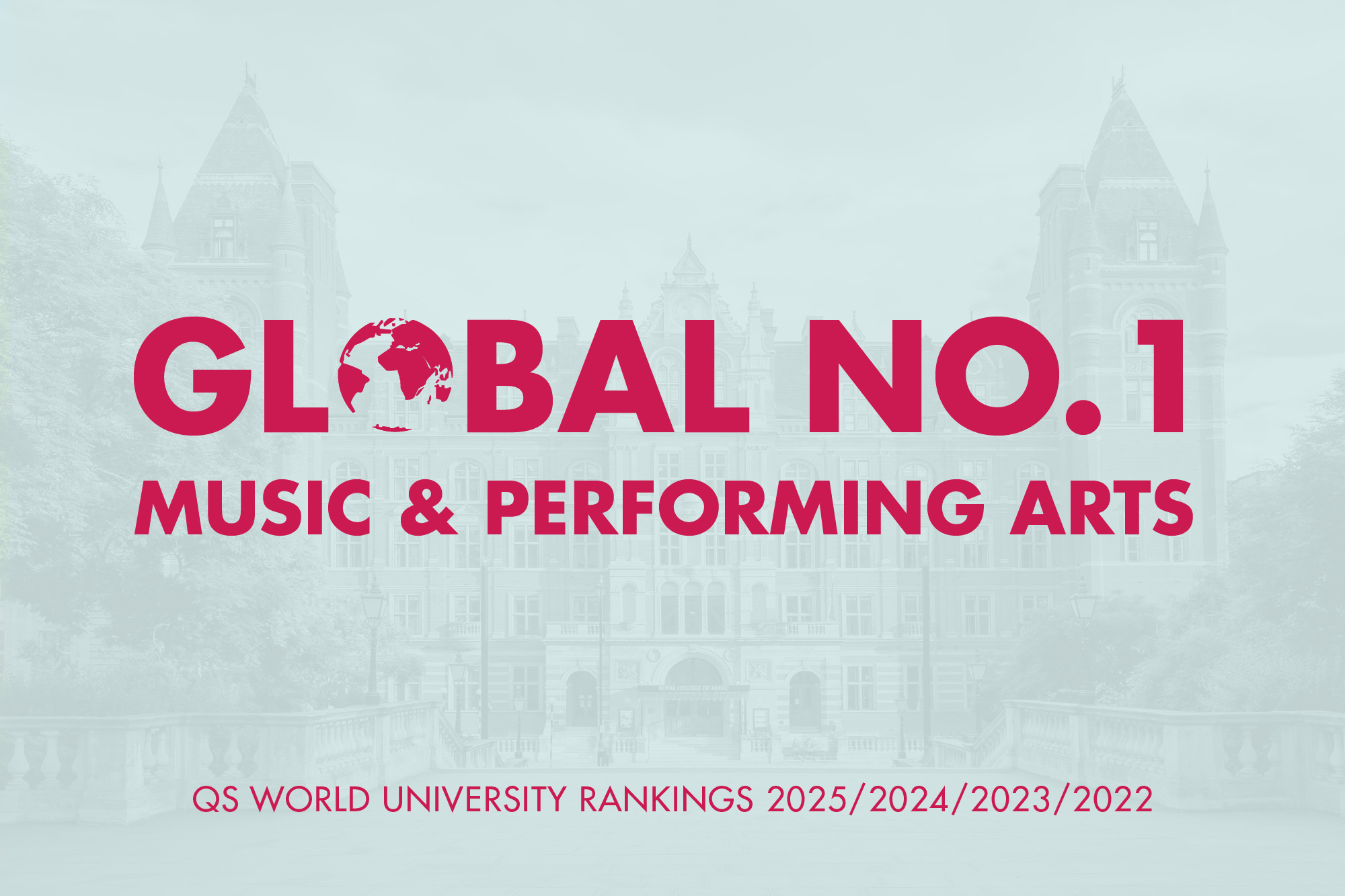
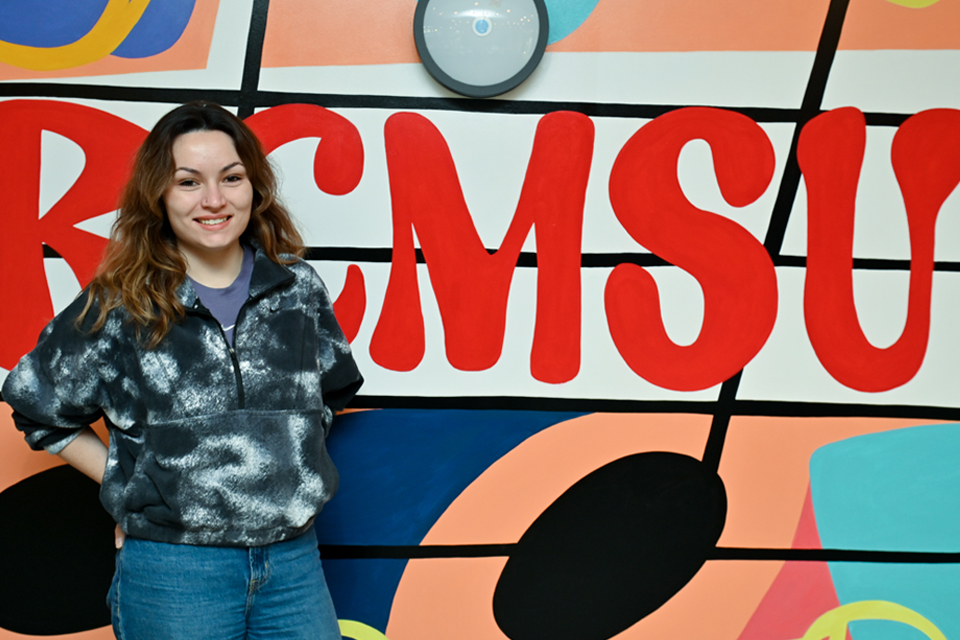
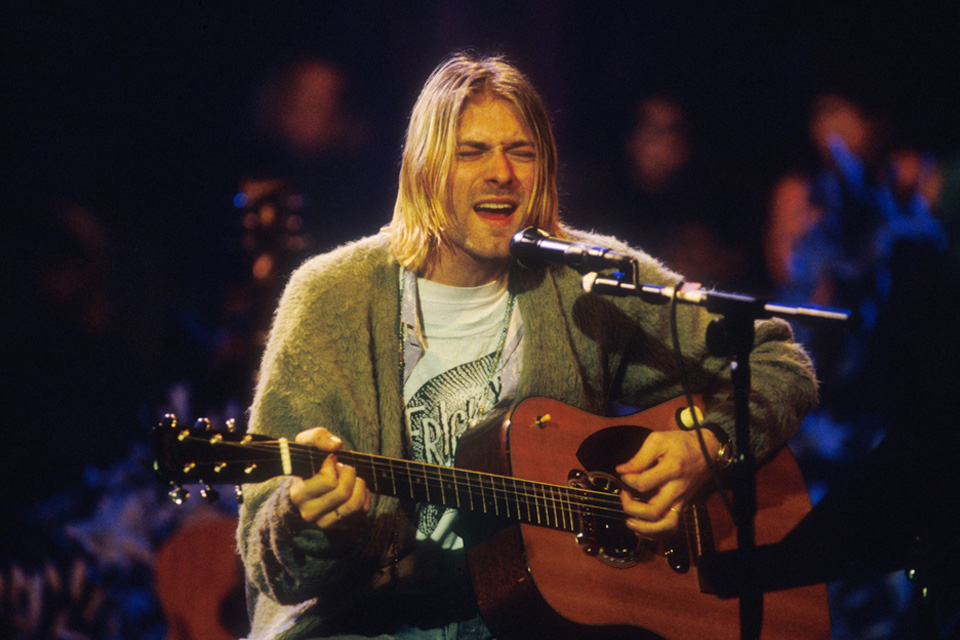

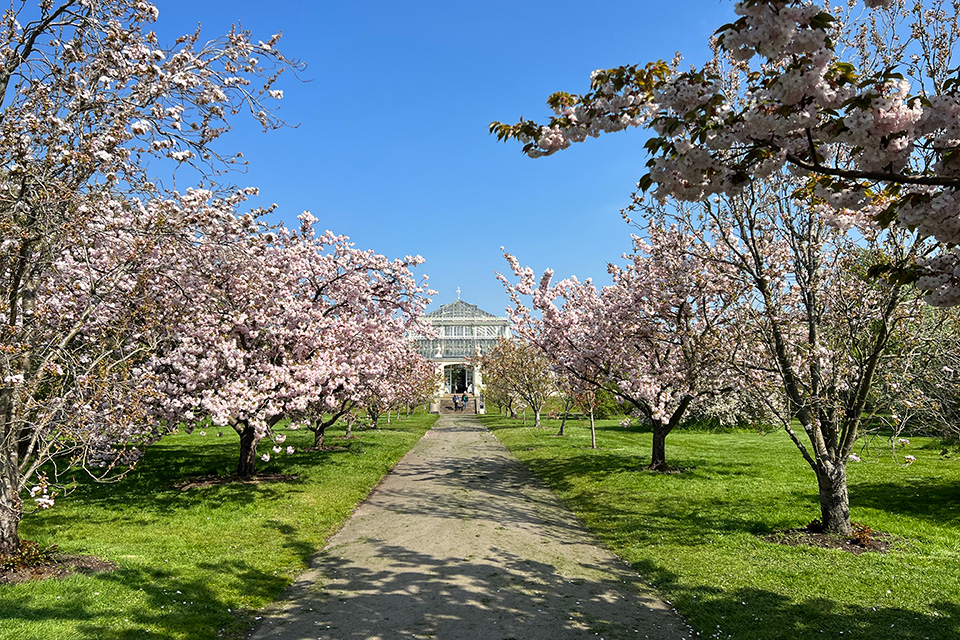
 Joel Davis.jpg)
